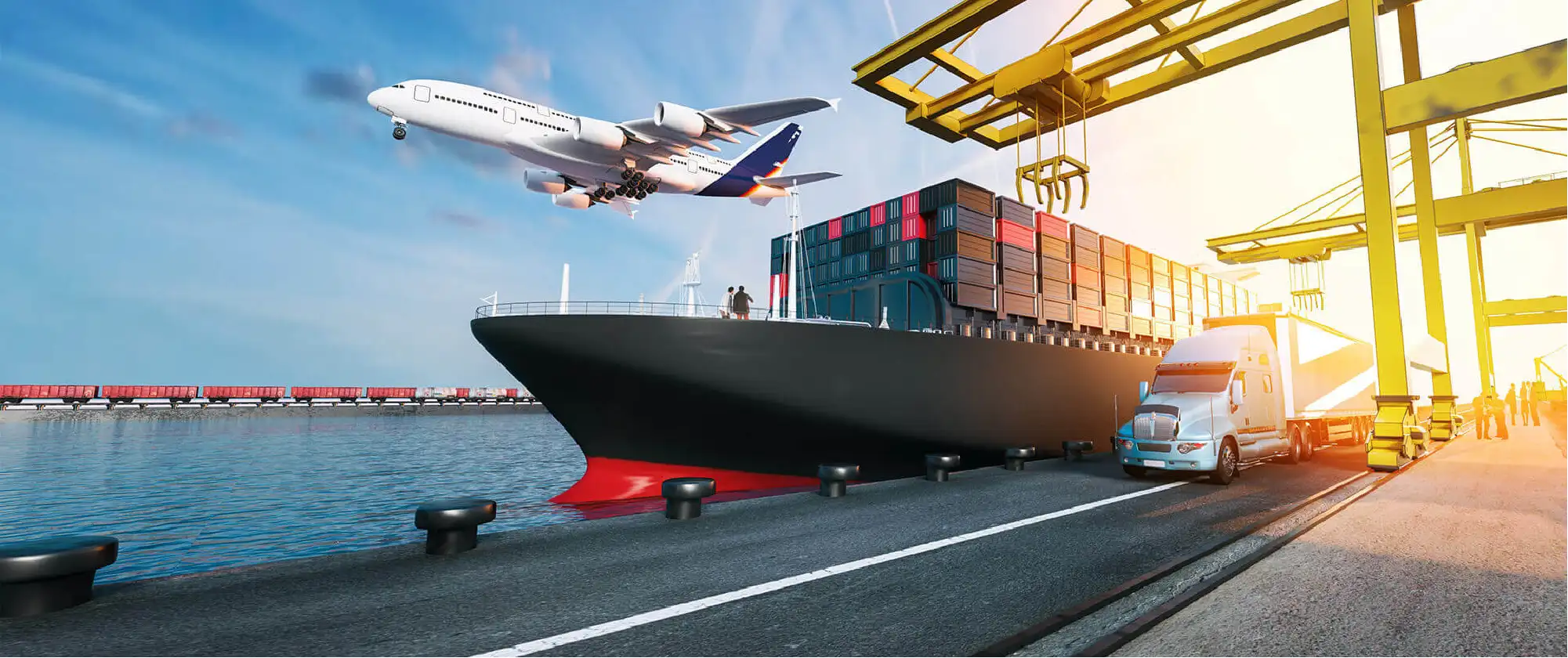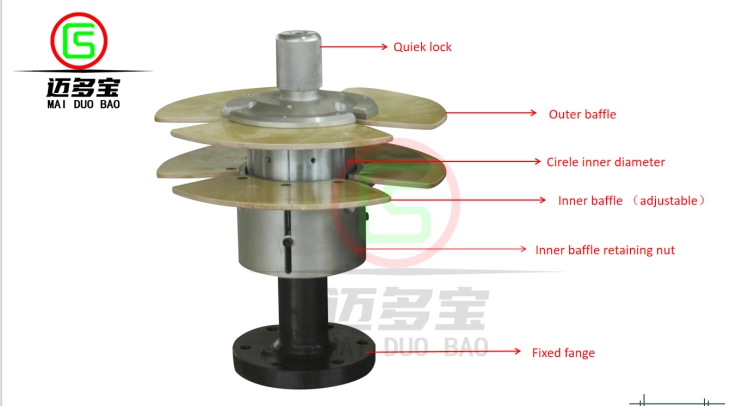Transportation is an integral part of our daily lives, enabling the movement of people, goods, and ideas across vast distances. It serves as the lifeline of economies, connecting regions, and fostering growth. But have you ever wondered about the main purpose of transport? In this blog post, we will delve into the multifaceted nature of transportation, exploring its core objectives and the transformative impact it has on society.
- Facilitating Economic Development:
The primary purpose of transportation is to facilitate economic development by enabling the efficient movement of goods and services. It acts as a catalyst for trade, connecting producers with consumers and businesses with markets. Efficient transportation networks reduce transaction costs, enhance market access, and stimulate economic growth. Whether it's the shipment of raw materials to factories or the delivery of finished products to customers, transportation plays a pivotal role in driving commerce. - Enhancing Accessibility and Mobility:
Transportation is the key to unlocking accessibility and mobility for individuals, communities, and regions. It connects people to education, healthcare, employment opportunities, and social interactions. Reliable transportation infrastructure ensures that no one is left behind, bridging the gap between urban and rural areas. By providing access to essential services and fostering social inclusion, transportation promotes a more equitable society. - Enabling Knowledge Exchange and Innovation:
Transportation serves as a conduit for the exchange of knowledge, ideas, and innovation. It facilitates the movement of people, allowing them to share expertise, attend conferences, and collaborate on research projects. Additionally, transportation networks enable the swift delivery of information and technology, accelerating the pace of innovation. From the Silk Road to the internet, transportation has been instrumental in shaping the course of human progress. - Mitigating Environmental Impacts:
While transportation has undeniable benefits, it also poses significant environmental challenges. The main purpose of transport in the modern era includes finding sustainable solutions to mitigate its negative impacts. From promoting the use of electric vehicles to investing in public transportation systems, efforts are being made to reduce carbon emissions and improve air quality. By embracing greener alternatives, transportation can contribute to a more sustainable future. - Strengthening Social Resilience:
Transportation plays a crucial role in strengthening social resilience, particularly in times of crisis. During natural disasters or emergencies, efficient transportation networks are vital for the rapid deployment of aid, evacuation efforts, and the restoration of essential services. Robust transportation systems enhance a community's ability to withstand and recover from adversity, ensuring the well-being of its residents.
Conclusion:
Transportation serves as the backbone of modern society, connecting people, goods, and ideas across the globe. Its main purpose encompasses economic development, accessibility, knowledge exchange, environmental sustainability, and social resilience. By understanding the multifaceted nature of transportation, we can harness its power to shape a more connected, sustainable, and inclusive future.






